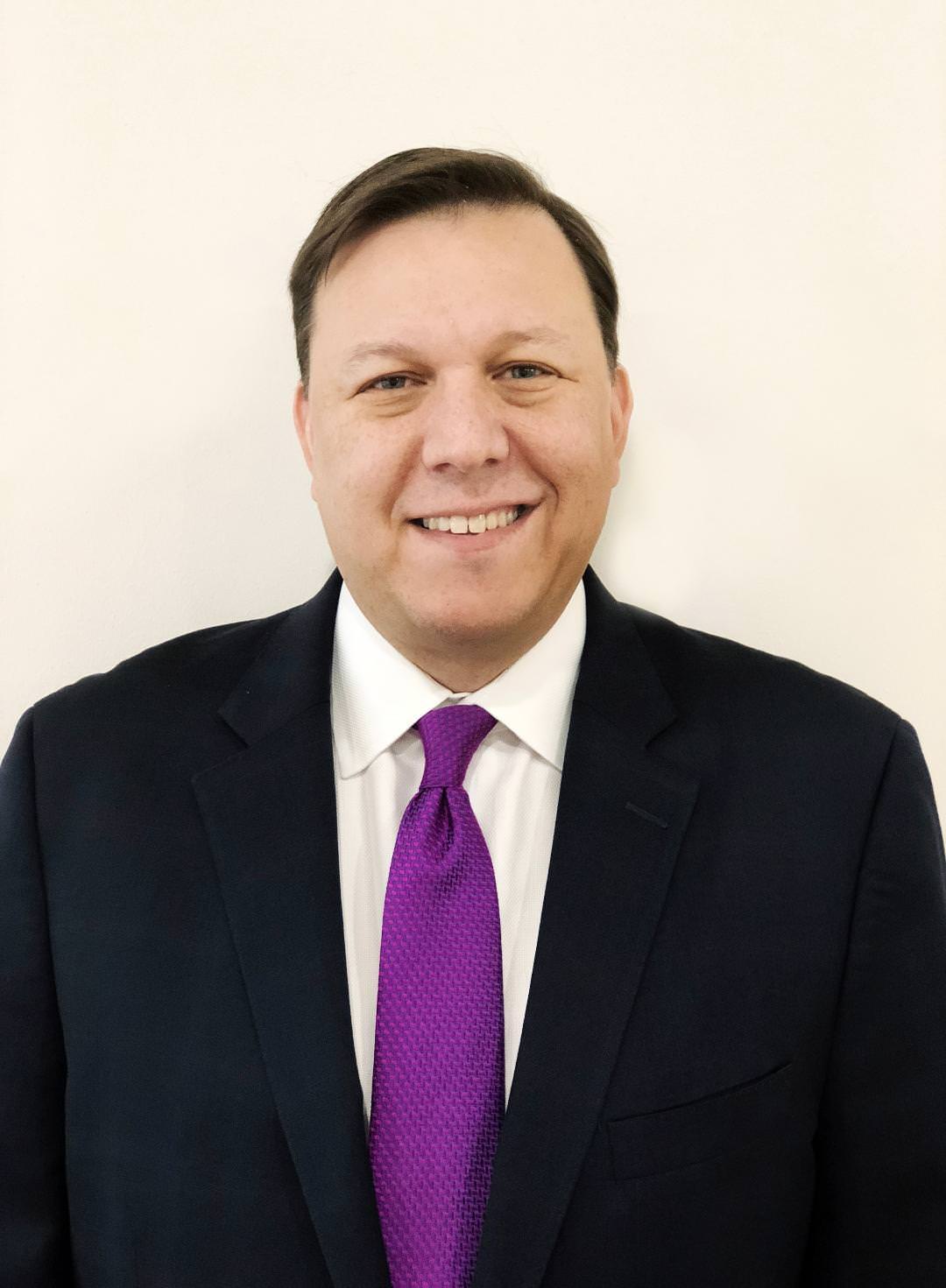February Monthly Policy Update
In recent weeks, we have witnessed the culmination of long-fought advocacy efforts on behalf of the recovery community. While we didn’t get everything on our wish list, there is some progress to be lauded – and some much-needed closure.
During the COVID-19 pandemic, Faces & Voices vocalized a need for protective measures to safeguard uninterrupted recovery services. Quarantine posed a huge threat to methadone access (which depends on a daily, in-person excursion to an OTP). As a stopgap remedy, a temporary rule was enacted allowing take-home doses of methadone for up to 14 days. OTPs were also allowed to operate mobile methadone clinics to ensure doses were given timely, but still within pandemic protocol parameters.
Data reflected that those patients stayed on their medication, proving that the temporary measures worked. Also of note: diversion of methadone among those in recovery was minimal. By any objective measure, these tactics were successful.
As a result, these once-temporary pandemic-era rules have now become mainstays. The ability of OTPs to prescribe medication for OUD via telehealth, without an initial in-person physical evaluation, is permanent. (The evaluation must be in audio + video format; it cannot be audio only.)
These are the first changes to 42 CFR 8 in over two decades. It significantly bolstered our advocacy efforts in passing the Modernizing Opioid Treatment Access Act (MOTAA), which was summarized in last month’s update. Dr. Delphin-Rittmon, a SAMHSA administrator, hails the rule change as “an historic modification.” The rule becomes effective on April 2, 2024, and compliance is required by October 2, 2024.
After a years-long push for modification of confidentiality requirements pertaining to SUD patient records, changes to 42 CFR 2 have been made in a final rule.
Use and disclosure of Part 2 records can now be based on a single-patient consent, given once, for all future uses and disclosures for treatment, payment, and healthcare operations. The rule permits re-disclosure of Part 2 records by HIPAA-covered entities and business associates in accordance with the HIPAA Privacy Rule. It also provides new rights for patients under Part 2 to obtain an accounting of disclosures and to request restrictions on certain disclosures (also granted by the HIPAA Privacy Rule).
Perhaps most importantly, the new rule expands prohibitions on the use and disclosure of Part 2 records in civil, criminal, administrative, and legislative proceedings. HHS will have enforcement authority, including the potential imposition of civil money penalties for violations of Part 2.

Andrew Kessler
Principal
Andrew D. Kessler, JD, is founder and principal of Slingshot Solutions LLC, a consulting firm that specializes in behavioral health policy. With 20 years of policy experience- and over a decade in behavioral health- Kessler is a fixture in circles that advocate for substance abuse treatment, prevention, recovery, and research. He collaborates frequently with congressional offices, the White House Office of National Drug Control Policy, the National Institute on Drug Abuse (NIDA), the Substance Abuse and Mental Health Services Administration (SAMHSA), and other federal actors. He is a frequent contributor to Politico, The Hill, and Alcohol and Drug Abuse Weekly,
Kessler has written legislation and report language published by both the House and Senate, and has presented orally before such bodies as the Scientific Management Review Board, the College on Problems of Drug Dependence, and the National Conference on Addictive Disorders. He is highly sought after as a speaker on substance abuse policy, as well as on advocacy training. He has presented on these subjects around the nation, and on several webinars as well.
Kessler received his Bachelor of Arts in 1993 from Washington University in St. Louis. In 1999, he graduated from American University’s Washington College of Law, where he received multiple awards and recognition for his legal analysis and moot court performance. He lives in Fairfax, Virginia, with his wife and two children.
